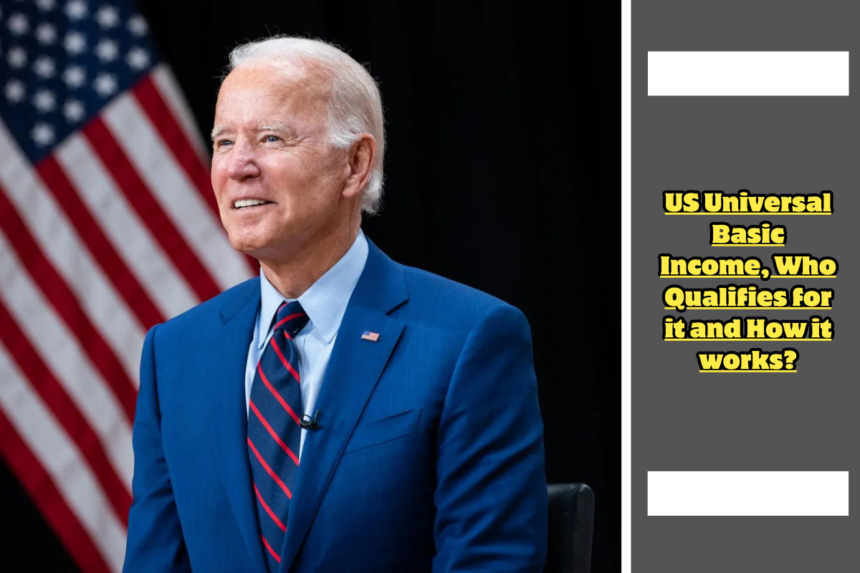Under the financial theory known as universal basic income (UBI), the government regularly pays each member of a certain group or territory a set sum. Everyone receives this money regardless of their employment income; it is sufficient for basic living needs including food and housing. Everyone should have enough money to live on so they may feel safe and free to pursue activities like business startup, study, or less work under less concern about money.
Rich or poor, UBI is like receiving a monthly payment sufficient for your basic requirements. This might free individuals from financial worries and them more time to savor life or follow their interests. Although it sounds straightforward, establishing a UBI calls for rigorous preparation and large sums of money, but it may cause significant changes in people’s way of life and employment.
Universal Basic Income (UBI) Overview
Two main features of a real UBI are sufficiency and universality. It is universal since it covers basic living expenses and is accessible to all people without means of testing. The idea is based on the idea of granting economic security and empowerment, so enabling a more happy and efficient society in which people are less dependent on job income alone.
Universal Basic Income vs. Guaranteed Income Program (GIP)
Regardless of their financial situation, everyone inside a selected group or area receives universal basic income. On the other hand, a Guaranteed Income Program (GIP) more resembles conventional welfare or social assistance programs since it prioritizes payments for people in financial need.
UBI is meant to be transforming and generally empowering, maybe enabling people to cut working hours and participate more in personal interests. But GIPs are meant to help people who are immediately financially strapped so that the most vulnerable get the help they need.
| Other Links |
Current Implementation of Universal Basic Income (UBI) in the United States
Though full-scale implementation of Universal Basic Income (UBI) is yet to be realized, the idea is still essentially experimental in the United States. To investigate the viability and effects of UBI, though, several pilot projects and studies are under progress. The following shows how UBI is presently applied in some areas of the United States:
Pilot Programs
Several cities and regions across the U.S. are testing UBI to understand its benefits and challenges:
- Central Iowa Pilot: In this program, participants are randomly selected to receive monthly payments of $500. This initiative aims to study how additional income affects community needs and individual life experiences.
- Coachella Valley Pilot: This pilot funds families vital to the local labor force but ineligible for federal subsidies and targets 140 immigrant families. The emphasis is on tracking the social and financial effects on recipients—especially the children in these homes.
Alaska’s Permanent Fund Dividend
The Alaska Permanent Fund Dividend is the closest UBI-style program available in the United States. Every Alaskan resident has been qualified since the 1980s to get an annual portion of the state’s oil earnings. Though it varies annually, this payment guarantees that everyone gains personally from Alaska’s natural resources. Reflecting some UBI ideas, this income is shared by all residents even though it is not enough to meet all essential living needs.
Research and Analysis
Challenges and Considerations
Implementing UBI involves addressing several significant challenges:
- Funding: One of the major hurdles is securing a sustainable source of funding for the disbursements. This could involve taxation, reallocating existing welfare funds, or other economic strategies.
- Economic Impact: Economists are studying how UBI might affect local economies, including impacts on inflation, labour participation, and wage dynamics.
- Public and Political Support: Widespread implementation would require substantial public and political backing, which depends on the outcomes of pilot programs and public perception of the benefits versus the costs.
Although the United States has not yet embraced a national UBI program, these continuing pilot projects are vital tests to learn how such a policy could be executed successfully and their long-term effects. Every initiative offers insightful analysis that might influence the direction of economic policies meant to lower poverty and raise general economic security.
